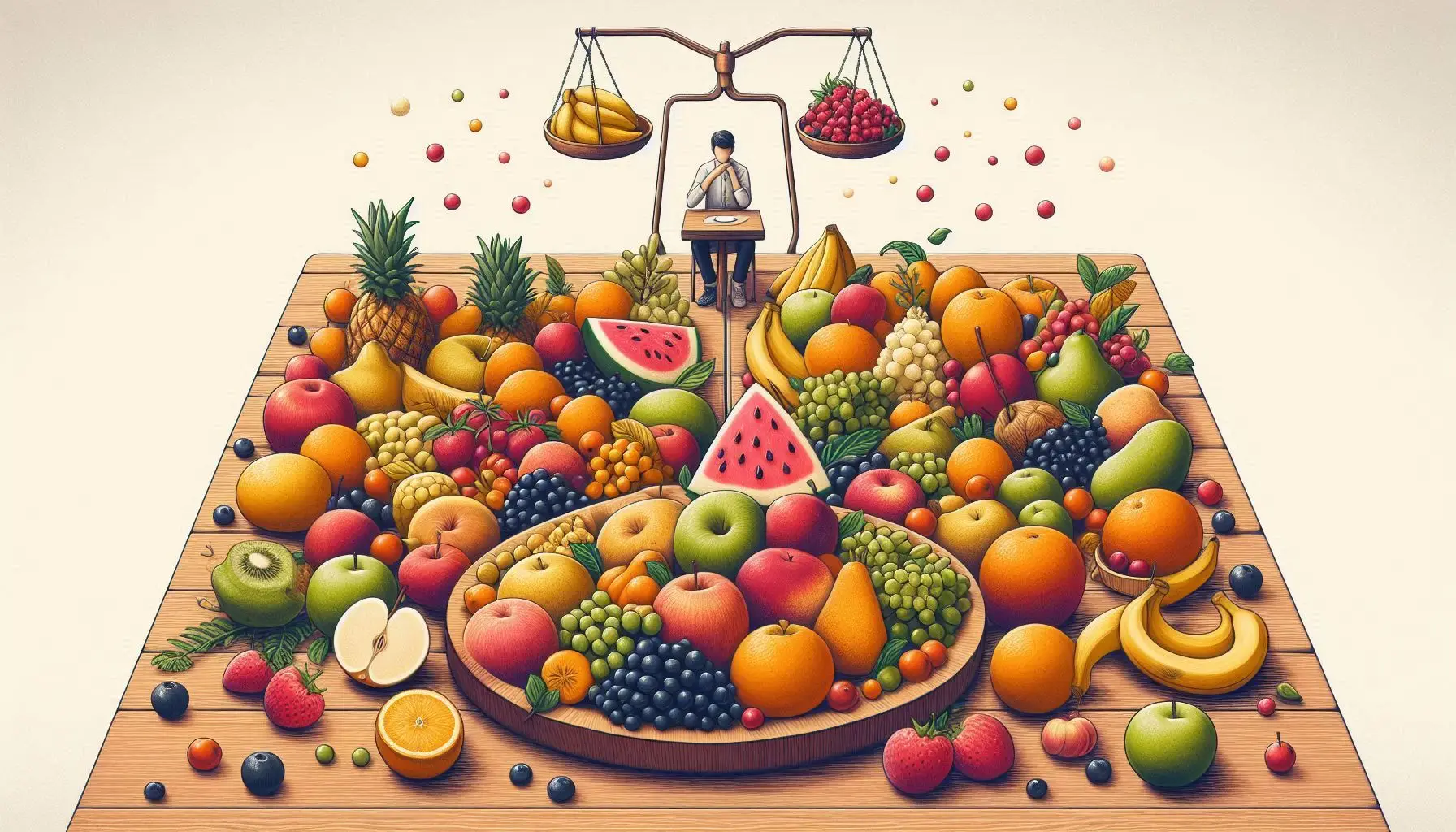The Impact of Incorrect Food Combinations

The concept of food combinations plays a significant role in maintaining a balanced digestive system. While modern diets are often based on convenience and preference, Ayurveda emphasizes the importance of how different foods interact with one another in the body. Incorrect food combinations can disrupt digestion, lead to bloating, indigestion, and fatigue, and ultimately contribute to imbalances in the body.
In this blog post, we’ll explore the concept of incorrect food combinations, how they affect digestion, and what you can do to improve your eating habits for better overall health.
Why Food Combinations Matter
Food is fuel for the body, but how we combine different foods can significantly impact how well that fuel is processed. According to Ayurveda and other traditional healing systems, different foods have unique qualities, energies, and digestion times. When combined incorrectly, they can create digestive disturbances by slowing down the digestive process or generating toxins (known as Ama) in the body.
In Ayurveda, the digestive fire, or Agni, is considered the cornerstone of good health. A strong Agni allows the body to digest and assimilate nutrients efficiently. But when we combine incompatible foods, this fire can be dampened, leading to poor digestion and an accumulation of waste in the body.
In Ayurveda and other health traditions, fruits are considered to be best eaten alone or with other sweet fruits.
Common Incorrect Food Combinations
Here are some of the most common food combinations that are believed to be problematic for digestion:
1. Fruit with Other Foods
In Ayurveda and other health traditions, fruits are considered to be best eaten alone or with other sweet fruits. Combining fruits, especially acidic ones (like citrus), with other foods like proteins or starches can cause fermentation and slow digestion. This combination can lead to bloating, gas, and discomfort.
For example:
Fruits and dairy: Combining fruits like bananas, oranges, or pineapples with milk or yogurt can lead to an imbalance in digestion, creating undigested food that can ferment in the stomach.
Fruits and proteins: Eating fruits with heavy proteins (like meat or beans) can lead to poor digestion, as fruits digest quickly while proteins take longer to break down.
2. Dairy with Meat
One of the classic food combination mistakes is pairing dairy with meat. Both are heavy foods that require different digestive processes. Dairy is considered cooling and moist, while meat is warming and dense. When combined, they can cause the stomach to produce conflicting digestive juices, leading to indigestion, sluggishness, and discomfort.
Instead, try pairing meat with vegetables or grains, which are easier to digest alongside animal proteins.
3. Starches with Proteins
Combining starchy foods (like bread, pasta, rice, or potatoes) with proteins (like meat, eggs, or legumes) can overburden the digestive system. Starches and proteins require different types of digestive enzymes, and when combined, they can take longer to break down. This can cause fermentation, bloating, and gas.
Instead, try eating proteins with non-starchy vegetables, which are lighter and aid in the digestion of protein-rich foods.
4. Cold Drinks with Warm Meals
Drinking cold beverages (especially ice-cold drinks) while consuming a warm meal can disturb the digestive process. Cold drinks can dampen the digestive fire (Agni), making it harder for the body to process food. This is particularly problematic with heavy or greasy meals, as cold drinks can cause food to stagnate in the digestive system.
If possible, opt for warm water, herbal teas, or room-temperature drinks with your meals to support digestion.
5. Beans and Dairy
While beans are a fantastic source of plant-based protein, combining them with dairy products is not the best idea. Dairy products are considered mucus-forming, and when paired with beans, which are often difficult to digest on their own, it can create an imbalance in the digestive system. This combination can lead to gas, bloating, and even diarrhea for some people.
Instead, try pairing beans with spices like ginger, cumin, or coriander, which aid in digestion.
How to Improve Digestion with Better Food Combinations
- Eat foods with similar digestion times: Pairing foods that digest at the same rate helps prevent fermentation and indigestion. For instance, vegetables pair well with grains and legumes, while fruits are best eaten alone or with other sweet fruits.
- Listen to your body: Pay attention to how your body reacts to different food combinations. If you experience bloating, fatigue, or discomfort after meals, it may be a sign that your food choices or combinations are causing digestive stress.
- Choose cooked over raw: Cooking your food helps break down fibers and makes it easier to digest. Try to prioritize lightly cooked vegetables, grains, and legumes to reduce the burden on your digestive system.
- Give your digestive fire (Agni) time to work: Avoid eating large meals or snacking too often. Instead, allow time between meals for proper digestion and assimilation of nutrients.
Conclusion
Food combinations play a critical role in digestive health and overall well-being. By being mindful of how foods interact with each other in the body, you can prevent discomfort, bloating, and indigestion, while supporting healthy digestion and nutrient absorption. Ayurvedic wisdom teaches us to embrace food pairing practices that nurture the body, mind, and spirit, ultimately leading to a more balanced and harmonious life.
The key is to make food choices that suit your body’s individual needs and promote digestive ease. By listening to your body and incorporating more mindful food combinations, you can experience better digestion, more energy, and improved overall health.
Post Tags :

